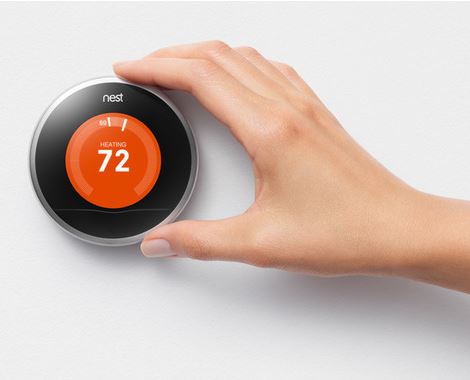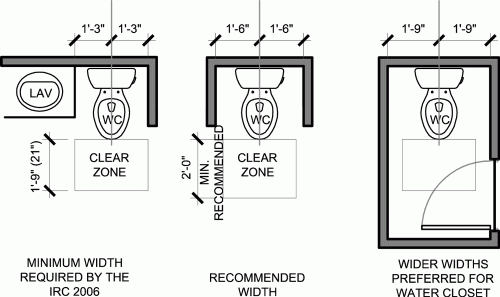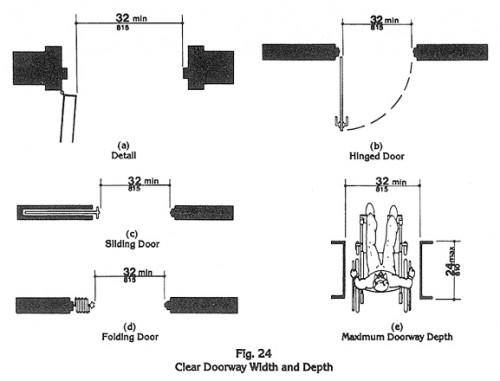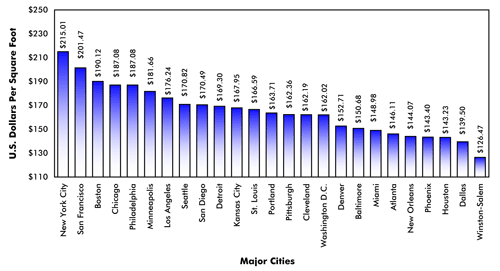Regardless of what you may think about Google as a company, they are making significant strides to imprint their growing list of products and services into nearly every aspect of our lives. What started as a Stanford University research project to create a searchable database of webpages and rank their place on the web, the Google internet search engine was born in the late 90’s and they have seen remarkable growth and have put their finger print on numerous areas of our lives. They have expanded with web interface services like Google Earth and Google Scholar, the email service gmail, included social networking with Google+, purchased several companies over the years, notably YouTube, and sell products like Google Glass, and of course there’s the increased popularity of their own internet browser Google Chrome. They have also developed the display of advertisements on web pages based on a person’s search terms and websites visited. Some of these kinds of advancements can be viewed as an invasion of privacy ripe for abuse, while another take is that Google’s increased ubiquity as making life better, perhaps more efficient. Certainly an argument could be made for both.
So while Google’s finger print has been largely concentrated on how we use our computers and mobile devices, for the next home you build you may be asked if you want a Google thermostat, or perhaps a Google security system. Yes, I said a Google thermostat. Recently Google purchased a company for $3.2 billion that makes thermostats. Nest is the company who has developed a smart device called a Learning Thermostat. Why would Google have an interest in thermostats you may ask, it is because Nest has incorporated algorithms that track a home owner’s living patterns for which the device is to provide a more comfortable living environment and improve energy efficiency of the home. The tracking of living patterns is the highly sought after aspect for Google and for the continued development of smart devices to all be coordinated and controlled through one source. The Nest products have been on the market for some time and some users now have concerns of privacy now that Google has taken ownership.
While the privacy concerns are present, ubiquitous smart devices are becoming an ever increasing part of how we experience, interact, and live in our homes and clearly Google is claiming a stake in that endeavor. Here is an article from Houzz.com that explains more about the Google Nest acquisition.









